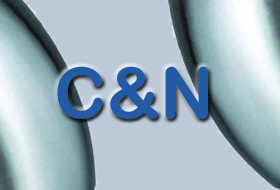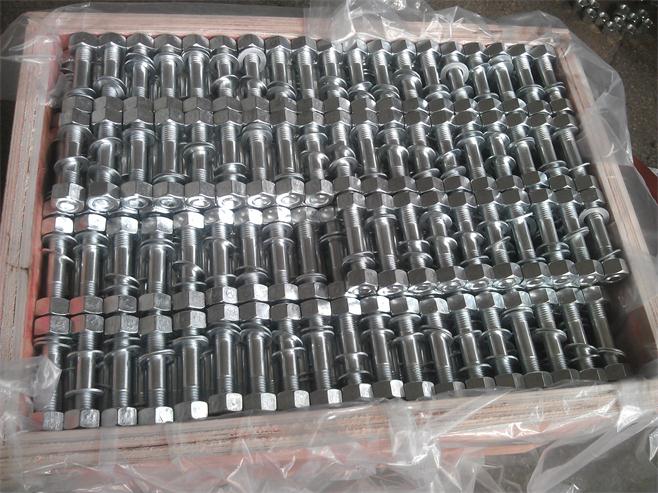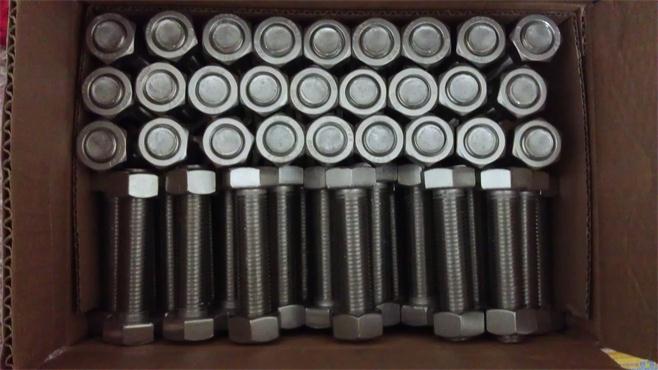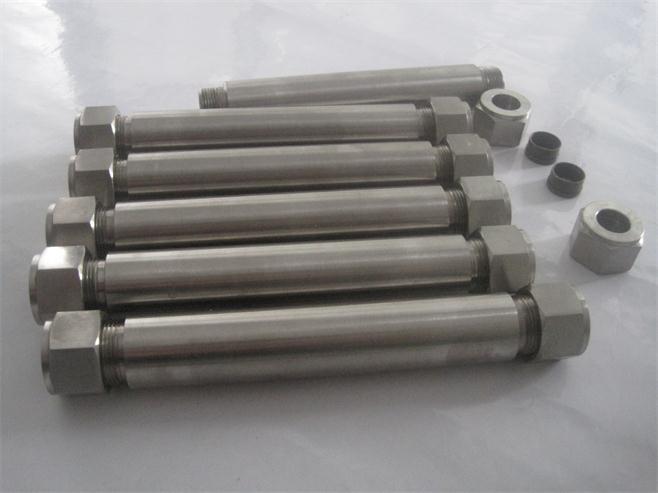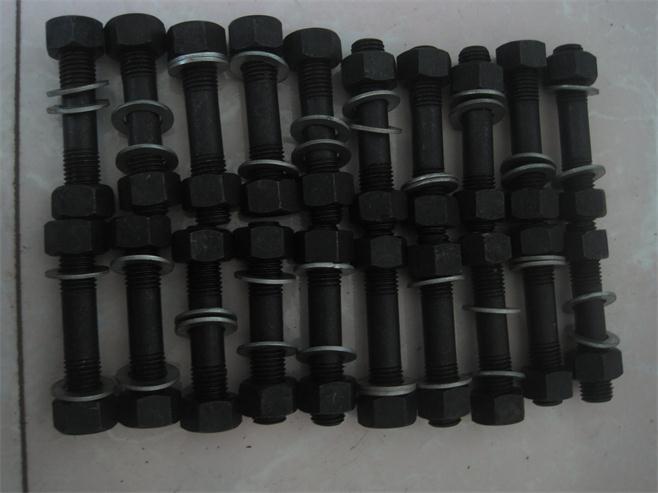News released
sales@cnpipefitting.com
Visit this page periodically to find news on our business and industry! the news item was under construction,If you have an interesting News Story that you would like to have submitted on our site? Please email it to us at sales@cnpipefitting.com
| 19-4-2019 | |||||
Stainless Steel Bolt Differences A2 304 B8What are the differences between hex bolts ordered as type 304 stainless steel, A193 Grade B8, and F593 Group 1 (type 304 stainless)? Hex bolts are often ordered as a type 304 stainless and not to a specific ASTM specification. When bolts are ordered under the raw material grade (type 304) and not to an ASTM fastener specification, there are no specific requirements other than that they meet the chemical and physical requirements of 304 stainless steel and ASME B18.2.1 dimensional requirements for hex bolts. National coarse thread will typically be provided unless otherwise specified. Type 304 stainless steel hex bolts that are ordered under the ASTM fastener specification A193 grade B8 are required to be both carbide solution annealed and stamped per the A193 specification. Carbide solution annealing is a process of heating the material up to a temperature of 1,950 degrees or above and maintaining the temperature long enough for the chromium carbides to go into the solution. This process will bring the bolts back to their optimal corrosion resistant condition after the forging (heading) process. The heads of bolts and one end of rods must be marked with “B8” and a unique manufacturer’s identifier. The A193 specification also requires 8 threads per inch above one inch diameter unless specified otherwise. A type 304 stainless steel hex bolt that is ordered as ASTM F593 Group 1 must have additional processes performed that exceed the requirements of A193 grade B8. These bolts must be stamped with a manufacturer’s identifier, “F593″, and the proper condition designation, and if the bolts are hot formed, they must also be carbide solution annealed. Additionally, F593 bolts must pass an intergranular corrosion test, which is not required when bolts are ordered as type 304 stainless or under the ASTM A193 grade B8 specification. F593 does not have the same 8UN series thread requirement above 1″ diameter as A193 grade B8, and is typically provided with Unified National Coarse threads. The F593 specification is also characterized by a maximum diameter of 1-1/2”. When headed stainless steel bolts are required, the hot forging process turns the heads of stainless steel bolts black and creates surface scale. This darkening of the stainless steel occurs when the round bar is heated to forge the bolt heads. Surface cleaning is optional and is performed through descaling (wheelabrating), pickling (acid treatment to remove heat-tinted surface steel layers), and passivating (restoring the chromium-rich complex, oxide film on the surface of the steel). Pickling and passivating is never a requirement when headed bolts are ordered under either ASTM specification (A193 grade B8 or ASTM F593), nor is it a requirement when simply ordering type 304 stainless steel headed bolts. Therefore, pickling and passivating is optional and should be specified by the purchaser at the time of inquiry and order. Pickling and passivating will increase the cost of the bolts and add to the lead time required to manufacture the product.
C&N range: | elbows | tee | cross | reducers | bend | caps | coupling | plug | nipple | olet | clamps | Thread fittings | | Butted weld fittings | socket fittings | | Flanges : slip on | weld neck WN | orifice | blind | thread | socket weld | SAE | reducing | Ring Joint Flanges | |Seamless steel pipe | weld steel pipe Limited will particpate. |
|||||



